Every action has an equal and opposite reaction. This is a principle of Newtonian physics, but it also applies to many other areas of human endeavor — like economics.
In 2021, Senator Sherrod Brown (D-OH) sponsored an amendment to the Military Lending Act that would have capped all consumer loans at 36 percent. That may seem to many across the political spectrum to be a good idea, and indeed, even here in reliably red Alaska, our state legislature is considering similar legislation.
The federal government, of course, has no constitutional authority to do this. But that didn't stop Senator Brown from trying.
Since 2010, Montana, South Dakota, Colorado, Nebraska, California, and Illinois have all passed laws to cap interest rates on consumer loans at 36 percent.
And like the Military Lending Act, these state laws were passed with overwhelming bipartisan support:
- 72 percent of Montana voters,
- 75 percent of South Dakota voters,
- 77 percent of Colorado voters
- And 83 percent of Nebraska voters all supported ballot initiatives to cap interest rates at 36 percent in their states.
Of course the payday lobby didn’t give up.
Public policy, I might point out, isn't decided just on majority opinion. That's why the United States is not a pure democracy. The United States is a constitutional republic, and the Constitution, as pointed out, does not list managing interest rates as one of the enumerated powers of the federal government. This federal bill is sold for emotional reasons, not financial or economic ones.
Sadly, the 10th Amendment ship has sailed, having left the harbor around 1860.
See Related: Need a Gallon of Milk? More Americans Applying for Credit for Everyday Necessities in Joe Biden's America
While laws of this nature would greatly reduce short-term lending (which, here in Alaska, is also done by the various Alaska Native corporations) even when done at the state level, the very real concern here has nothing to do with interest rates or short-term lending but does have to do with human societies, and how any need will be fulfilled one way or another; and if that need cannot be met legally, it will be met illegally. That's what black markets are, and they are inevitable in any market that is over-regulated. Short-term loans, or high-risk loans, are no exception, and if any state (or the federal government) wants to ensure the rise of a new generation of loan sharks, these laws are the way to do it.
Loans — in every case — always involve an element of risk on the part of the lender. Any attempt of the government to flatten the market, to force lenders to advance high-risk borrowers the same terms and conditions that low-risk lenders are offered, will always end badly, as the 2008 mortgage crisis showed us very clearly.
The various high-interest, short-term loan markets represent, in all candor, a poor financial decision for most people, and it's a decision that is often made by the people who are in the direst of financial straits already. However, it is not the role of government to protect people from the consequences of their own bad decisions unless those decisions intrude on the rights of other citizens. And it's important that lenders, not the government, set the terms for loans to either high-risk or low-risk borrowers — or else the market will collapse, and the task of granting short-term loans will go underground, with predictable consequences.



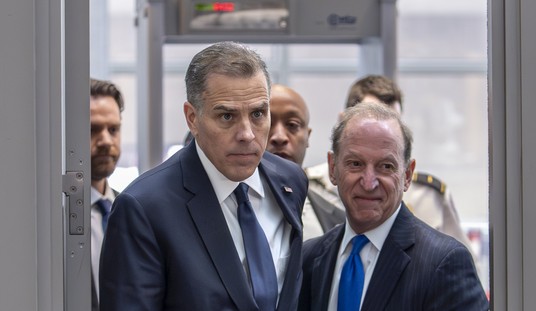
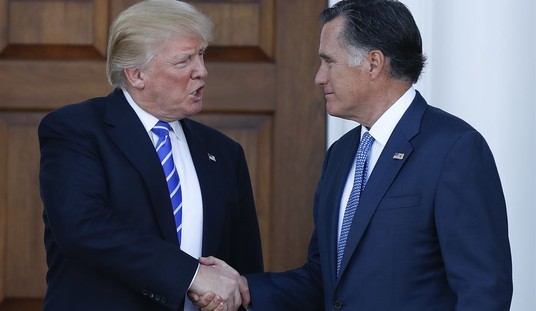

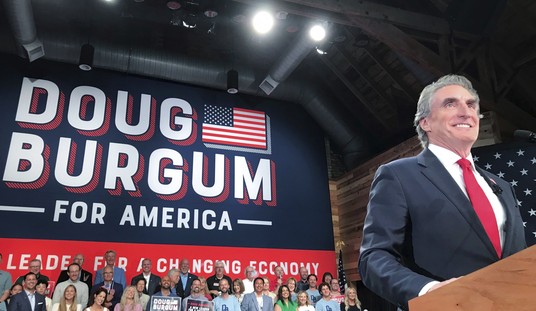
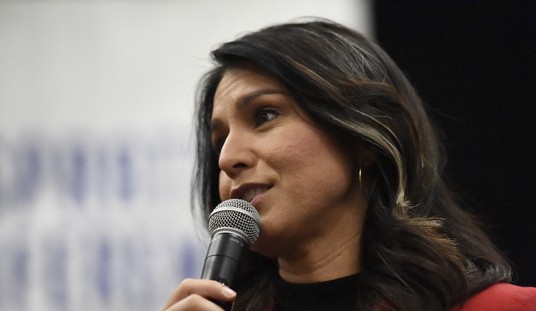

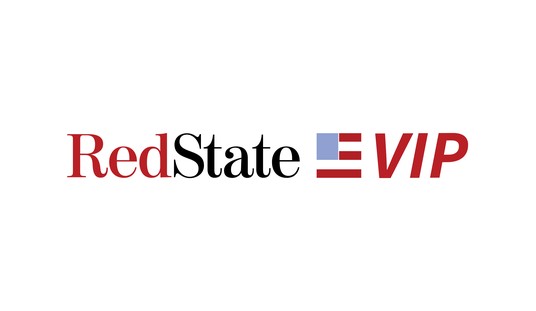


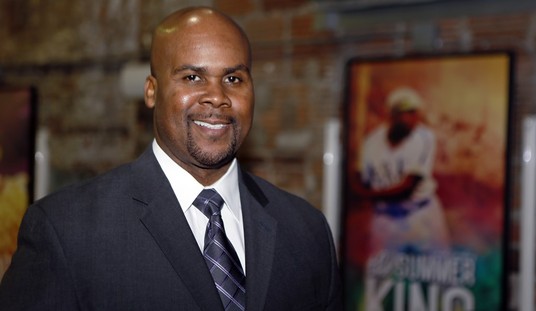

Join the conversation as a VIP Member